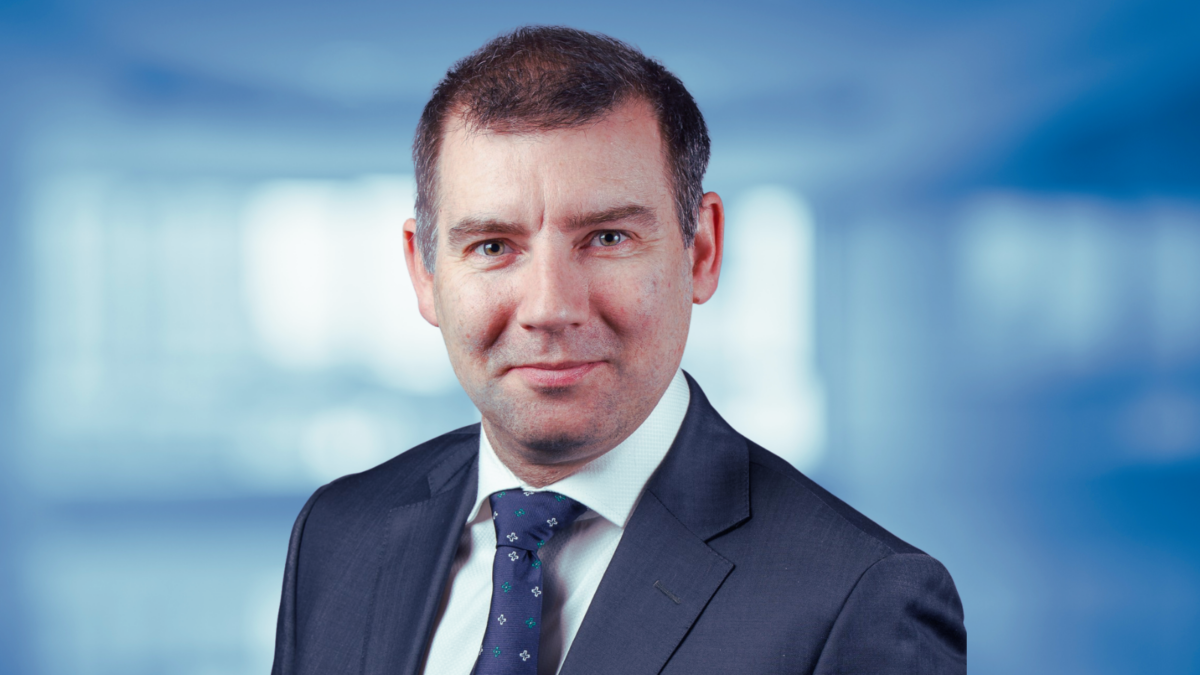Rest gets a second set of hands for growing complexity
WTW will provide specialist assistance to Rest’s board and board investment committee (BIC) and help in overseeing internal investment teams in an appointment that signals the growing complexity of Australian funds moving to a substantially in-sourced investment model. Rest currently runs close to 15 per cent of its non-cash assets in-house, with plans to increase to 25 per cent.
“The continued maturing of our investment governance, culture, and data and technology are key to delivering ongoing strong, long-term competitive performance to our 1.9 million members,” said Michael Bargholz, chair of Rest’s BIC. “Rest has continually refined our governance framework and strengthened the expertise and experience within our Investments team in recent years in order to position the fund for further growth. The appointment of a new asset consultant is the next step in this process.
“WTW’s strengths in governance matters, and their global experience and insights, are expected to be a valuable addition to supporting the Board in its responsibilities.”
WTW won’t just assess whether an investment idea is “good or bad”, but why and how the board makes decisions and how it delegates parts of its investment approach. With more funds internalising investment management the services that have traditionally been the bread and butter of asset consultants – asset allocation and manager search – are less relevant, and much of the work WTW does for Australia’s largest allocators is now around investment governance.
“The more you in-source, the more complicated your model becomes,” Aongus O’Gorman, Australian head of investments at WTW (pictured) told ISN in February. “And the more complicated it becomes the harder it is to have any oversight of it. Our view was that any investment process or manager or team can make mistakes and lose you basis points, but governance can cost you percentages.”
“It starts with investment committee effectiveness… We talk about two things: strategic direction and disciplined oversight. A lot of the work is helping them understand that side of things. After that it delves down – reviewing internal teams, looking at their investment processes and making sure they’re robust.”
JANA has been retained as an asset consultant to the fund’s investment team, providing “advice and additional perspectives to complement the fund’s investment expertise”. While retaining two asset consultants is unusual, it’s not unheard of: AustralianSuper uses both JANA and Frontier across different asset classes; HESTA uses Frontier as its primary adviser while JANA advises its board; and a number of funds use specialist consultants for alternatives.
“JANA continues to be a valued and longstanding partner of Rest, and we thank them for the contribution they’ve made over more than 30 years, particularly during the reconfiguration of our investments teams and frameworks in recent years,” Bargholz said. “I’m pleased that our members will continue to benefit from their strong knowledge of the Australian superannuation industry and the regulatory environment.”











